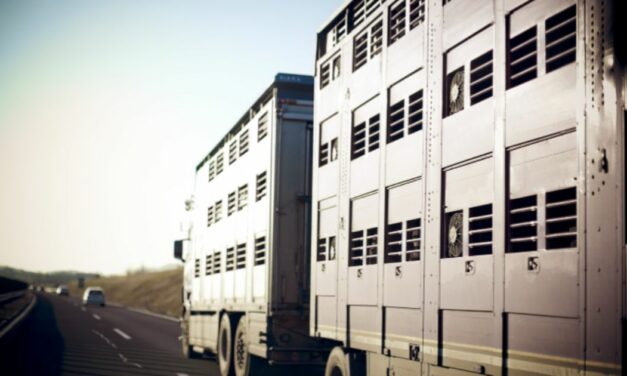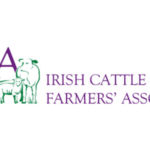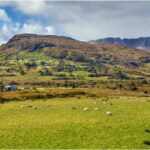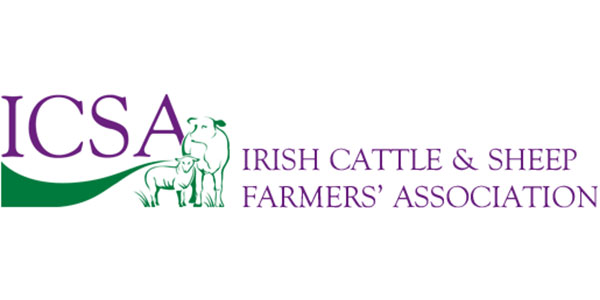2nd October 2014
Over 350 farmers attended the ICSA BTAP event at Carrigallen mart in Co. Leitrim on Wednesday evening (October 1st). The event, organised by ICSA in conjunction with Cavan based CC Agricultural Consultants, Progressive Genetics and ICBF, focused on future breeding strategies for suckler farms and improving efficiencies to keep costs down. The event was followed by a successful sale of 35 heifers, which were rated 3.5 star upwards on the ICBF replacement index. Heifers made up to €1400 on the night, but trade was a little more subdued for the less fancy animals.
The first speaker was Eddie Punch of ICSA who outlined the trends in live exports. He said that Ireland had fallen back a lot on live exports in the past three years. In 2010, total live exports from Ireland amounted to 338,000 but fell to 160,000 in 2012. He estimated that live exports for 2014 would amount to around 240,000. However, only about a quarter of these are weanlings from the suckler herd. “The future for the suckler herd is dependent on adequate competition between Irish finishers and live exporters. In this regard, new specs involving a maximum 380 kg carcass for bull beef are a disaster.” He presented a slide which showed that the difference between €4/kg and €3.60/kg is significant but when the maximum weight is 380kg instead of 450 kg the value of the finished bull is reduced from €1800 to €1368.
Chris Daly of ICBF outlined the increasing role of indexes in making breeding choices for suckler farmers. He pointed out that dairy farmers were initially sceptical of the role of EBI in determining breeding decisions but after ten years, the results were showing much improved efficiencies in dairy cows, particularly in terms of improved fertility. In contrast, calving interval in suckler cows has gone backwards with a calving interval of 412 days. Chris Daly said, “Farmers need to assess animals based on a combination of visual inspection along with doing their homework on indexes and the track record of the animal’s parents. I don’t believe in love at first sight and this is also a useful approach when it comes to replacement cows.”
Arthur Bredin of Progressive Genetics gave a demonstration on what to look for in a replacement animal. He used a cow and calf in the ring to go through the points that should be examined when assessing an animal for breeding.
Oliver Crowe of CC Agri-consultants outlined efficiency improvements that could be made on suckler farms. A key take-home message was to aim to calve down at two years of age and to get rid of cows that are not performing in terms of a calf every twelve months.
The event also saw a demonstration of Ling cattle from the Co. Meath herd of Jimmy Cosgrave. These cows are highly regarded in Scotland for having the best combination of profitability traits including milk, fertility, hardiness and acceptable conformation.
ICSA suckler vice-chairman Hugh Farrell said he was delighted with the turn out. “There is a great hunger for knowledge among suckler farmers. Guys know that they need better returns if they are to stay at sucklers. This means better prices but it also means greater technical efficiency on-farm.”
Mr Farrell thanked Carrigallen mart manager Helen Kells, all the speakers, the farmers who supplied livestock to the event, and the ICSA members who helped organise it. He also thanked ICSA suckler chairman Dermot Kelleher who travelled from West Cork. Mr Kelleher, in response, said that he believed that farmers should aim to breed an animal that is suited to live export because there is no future in depending solely on Irish factories.






